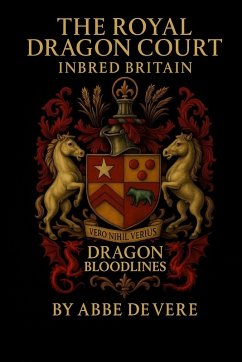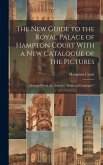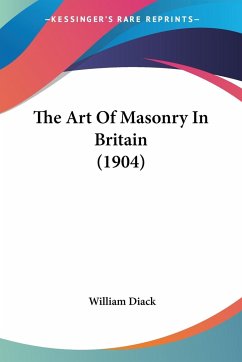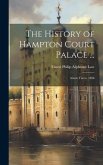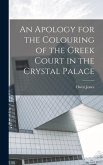THE ROYAL DRAGON COURT TRILOGY, BOOK THREE: INBRED BRITAIN By Abbe de Vere Dragon Publishing The Sovereign Grand Duchy of Drakenberg A Legacy Rooted in Antiquity From the mythic kings of Albion to the medieval nobility who sealed the Magna Carta, Britain's ruling families were never truly isolated tribes, but the living continuation of an older, pan-European caste whose origins stretch back to the Bronze Age. De Vere follows these threads to their roots in ancient priest-kingship, revealing how the sacred and the sovereign once existed as one office. The divine right of kings was not an abstract doctrine; it was an article of lineage, sustained through selective intermarriage and guarded by secrecy. The author demonstrates that the so-called "inbreeding" of royal and noble houses was not a flaw but a deliberate mechanism of preservation-an attempt to maintain what was believed to be a hereditary current of power: psychic acuity, visionary insight, and the memory of a forgotten wisdom tradition stretching from Sumer to Stonehenge. This inheritance, often symbolised as the Dragon Bloodline, finds continuity in heraldic emblems, alchemical treatises, and the folklore of the Grail families.Where Myth Meets Record Abbe de Vere's analysis bridges the gap between the mythic and the documentable. Drawing upon peerage archives, genealogical rolls, heraldic visitations, Domesday Book entries, and ecclesiastical registers, she reconstructs a panorama of descent that reveals just how narrow the stream of noble blood truly is. Yet this narrowness does not imply weakness. Rather, it illustrates how the same ancestral lines recur again and again in positions of influence-from the Plantagenets and Tudors to the families who quietly populate the Privy Council, the Inns of Court, and the universities that mould opinion today. The book does not rest upon conjecture or conspiracy, but upon verifiable inheritance. Each name is cross-referenced, each connection mapped, so that what emerges is a portrait of a nation whose sense of democracy has always been shadowed by an unspoken oligarchy of blood.The Psychological Inheritance But Inbred Britain is not content with heraldry alone. It turns also to anthropology and psychology, asking what such concentrated inheritance does to a people-not only physically but spiritually. Through careful comparison of mythic archetypes and modern behavioural studies, de Vere suggests that the insularity of British elites produced a culture of heightened imagination and introversion, manifesting as mysticism, melancholy, and genius alike. The same current that yielded poets and prophets also yielded paranoia and decline. In the pendulum swing between inspiration and isolation lies the key to Britain's historical temperament: visionary yet cautious, expansive yet inward-looking, brilliant yet self-consuming.A Continuation of The Dragon Legacy Following the groundbreaking revelations of Nicholas de Vere's The Dragon Legacy and The Dragon Cede, this volume stands as both sequel and synthesis. Where Nicholas laid the mythic foundation, Abbe de Vere provides the historical scaffolding-the documentary evidence that situates dragon-lore within the verifiable continuum of European aristocracy. She approaches the work not as a disciple but as an heir: preserving her father's vision while subjecting it to the rigour of legal reasoning and archival verification. Through this union of passion and proof, Inbred Britain bridges the long-standing divide between alternative history and recognised scholarship.
Bitte wählen Sie Ihr Anliegen aus.
Rechnungen
Retourenschein anfordern
Bestellstatus
Storno

